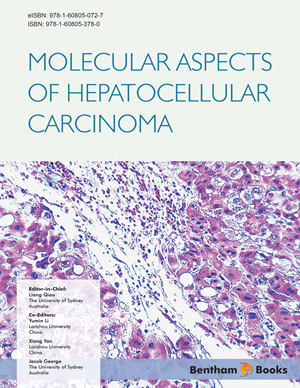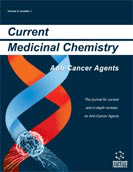Abstract
Prevention is the only realistic approach for reducing mortality rates associated with hepatocellular carcinoma (HCC). In this context, treatments which alter susceptibility to HCC or slow the progression of hepatitis to cirrhosis have been advocated to prevent or delay the appearance of HCC. Two controlled studies in Asia showed interferon and lamivudine to prevent or delay the onset of hepatitis B-related HCC, respectively. However, prevention of HCC by interferon and nucleos(t)ide analogues in hepatitis B virus (HBV) patients has been contradicted by several studies based on follow-up of patients with pharmacologically suppressed hepatitis B. Interferon trials demonstrated a moderate reduction of HCC risk in patients with chronic hepatitis C who achieved a sustained virological response, including cirrhotic patients. However, most studies were underpowered to capture enough hard end points of the natural history of hepatitis C, having preferentially enrolled patients with moderate liver impairment who have a better predicted compliance to interferon but a low risk of developing HCC. Evidence for tertiary prevention of HCC is still inconclusive, due to poor methodologies and scientific background of the studies.
Keywords: Hepatocellular carcinoma, chemoprevention, hepatitis C, hepatitis B, interferon, nucleoside analogues.






















